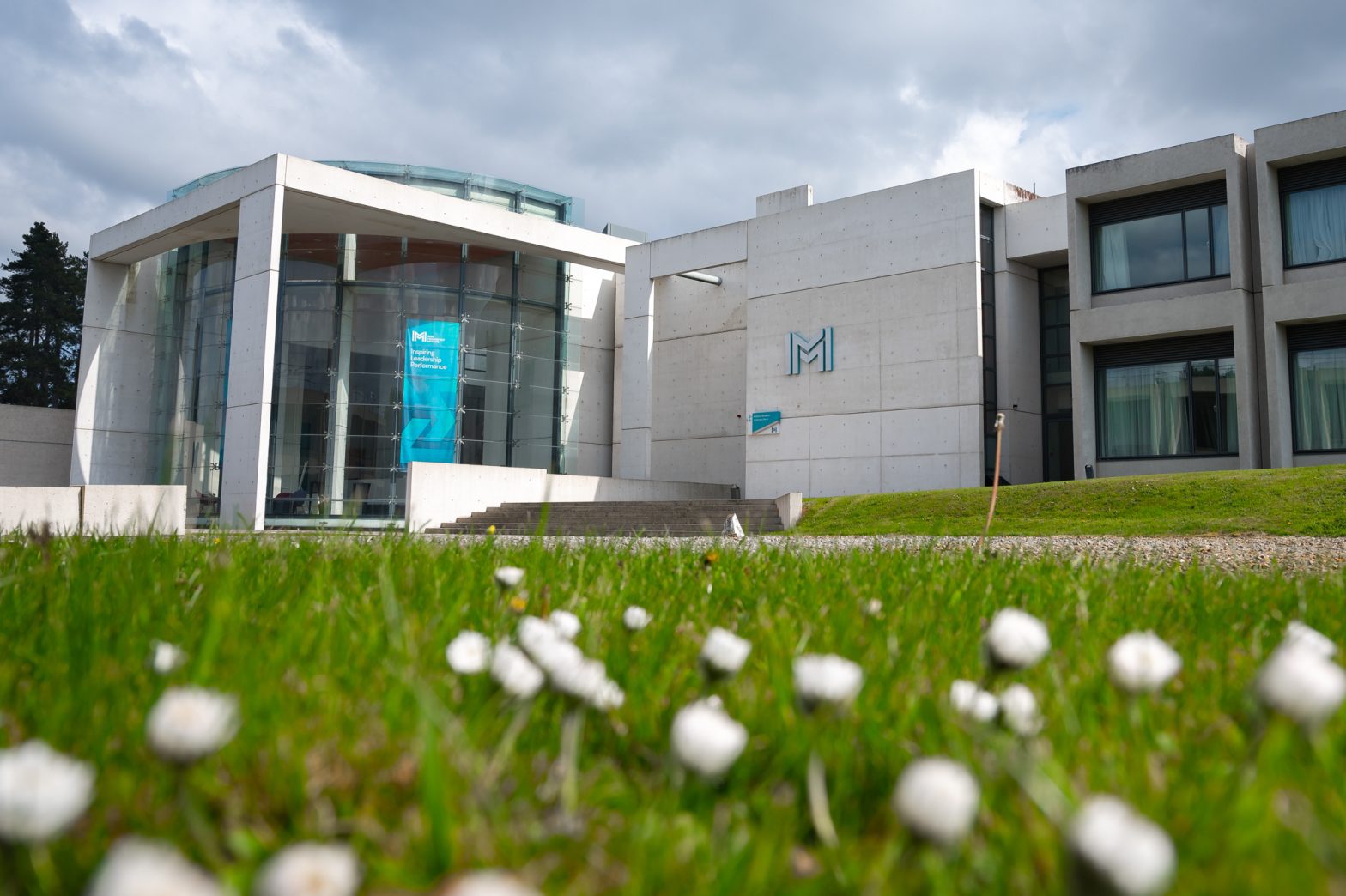Leadership Through the Danish Model
By IMI | 15th March 2023
“Happiness is essential – it’s your birth right.” Says not only Malene Rydahl, but people as diverse as UN Secretary General Ban Ki-Moon, entertainer Pharrell Williams, and even Oprah Winfrey. With over 350 million people in the world suffering from depression, Bill Gates believes that to be happy, you need to enjoy what you do every day. And your work is a key component of this.
Statistics show that 87% of the workforce is not engaged. When asked the question “why do you go to work?”, an overwhelming majority of people will say that it’s necessary to cover their rent and other bills. But in order to be happy, they need to see the purpose of what they’re doing, and what their role in that purpose is.
To see how we can achieve happiness and success, we can look at an example of a country where people truly live well. In research conducted over a number of years, Denmark has emerged as the happiest country in the world. 20 companies voted the best workplaces in Europe are based in Denmark, so there’s a lot that we can learn from the way Danes manage and lead at work.
Three key factors influencing the happiness of Danes can be defined as trust, freedom, and individual responsibility.
Denmark has 78% trust, while in contrast, most other European countries sit at around 25%. What does that mean? It’s a measure of how trustworthy you are – do you treat people with trust? Do you continue to build trust? When we have trust, we see that more people are willing to try new things at work. They’re more likely to innovate, and to perform at higher levels.
Danes are afforded the freedom to be themselves. The main purpose of the Danish education system is to develop the personality of the child. At six years old, children are encouraged to identify and express their emotions. It’s important for children to be taught a wide variety of different skills, and as they continue to develop themselves, it’s more likely that they’ll go on to live their own lives rather than just generic “lives”. With 1.5 days per week spent on resolving conflict in the workplace – rather than undertaking work – it’s safe to say that building relationships is a major priority.
Finally, comes individual responsibility. 7/10 Danish people like paying taxes! Although they’re taxed at high levels, they don’t position themselves as victims, but rather feel that it’s part of their responsibility to contribute in this way.
As a leader, your values will impact on the way you react and connect with others, as you build a sense of trust and belonging. In our upcoming IMI Masterclass, Malene will discuss wellbeing and performance inspired by the Danish Model, and how leaders can establish a culture that reflect the three key aspects of Danish success. IMI members can sign up to attend here.
Thank you to Mason Hayes & Curran for supporting the masterclass series. MHC are one of Ireland’s top law firms with offices in Dublin, London, San Francisco and New York. See www.mhc.ie for details.



